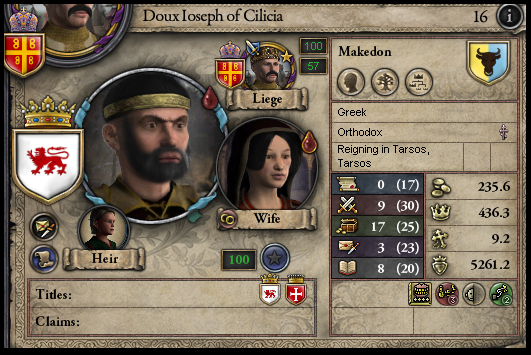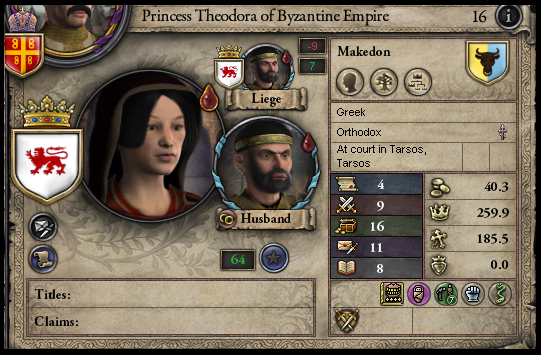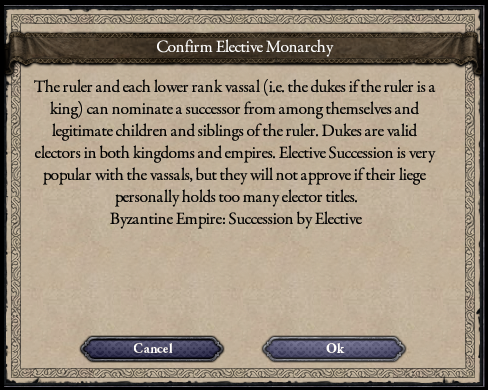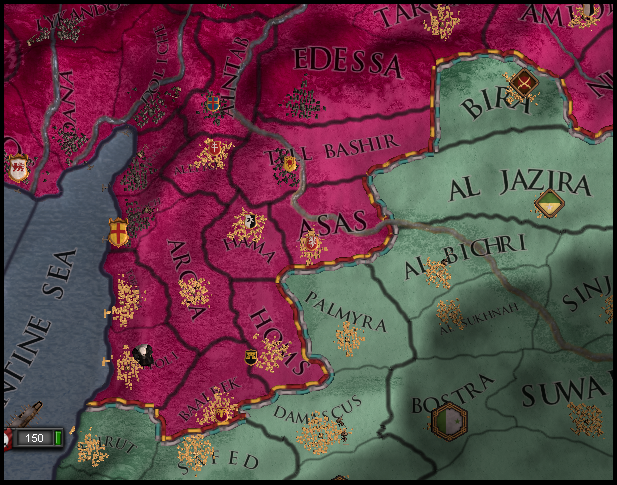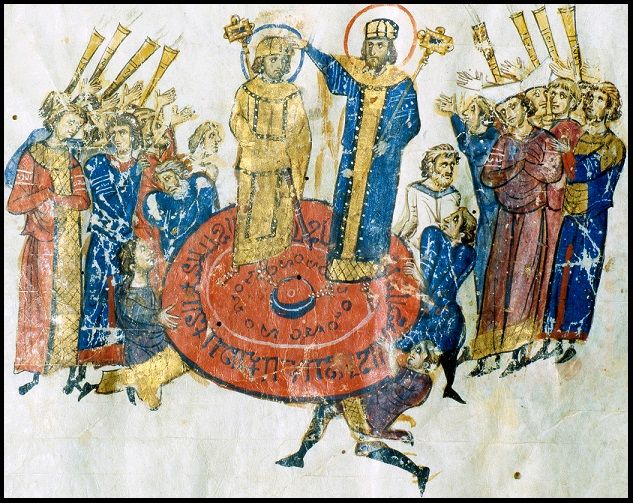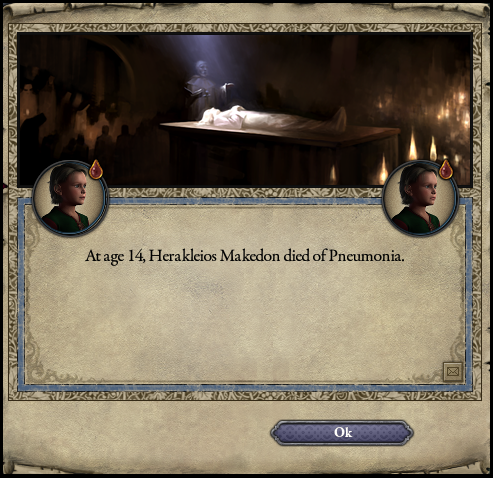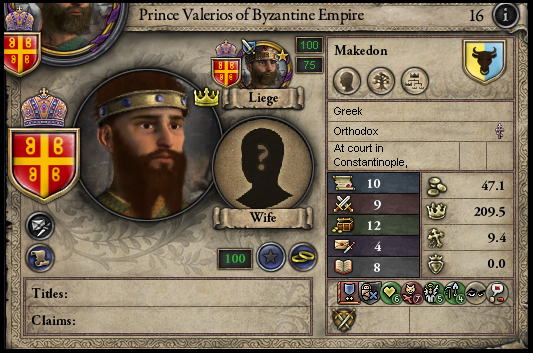Stuyvesant: To be fair there was a very minor peasant rebellion in newly won Bulgarian land but yes the internal stability is remarkable. 
DKM: Sadly no. I'm not keen on picking a fight with the Italians without a good reason.
Asantahene: I wonder too!
Nikolai: For the moment I am pursuing a passive foreign policy but I'm sure my neighbours have ideas of their own.
Specialist290: There is still a Karling on the throne I'm afraid.
In fairness I'm not ruling out a greater presence in Italy, but I'll have to think about it.
Henry v. Keiper: Yeah.
guillec87: That is a very good point actually. Hmm...
DKM: Sadly no. I'm not keen on picking a fight with the Italians without a good reason.
Asantahene: I wonder too!
Nikolai: For the moment I am pursuing a passive foreign policy but I'm sure my neighbours have ideas of their own.
Specialist290: There is still a Karling on the throne I'm afraid.
In fairness I'm not ruling out a greater presence in Italy, but I'll have to think about it.
Henry v. Keiper: Yeah.
guillec87: That is a very good point actually. Hmm...



